Asian Elephants: More Than Just Gentle Giants
- QuynhGiang
- July 30, 2025
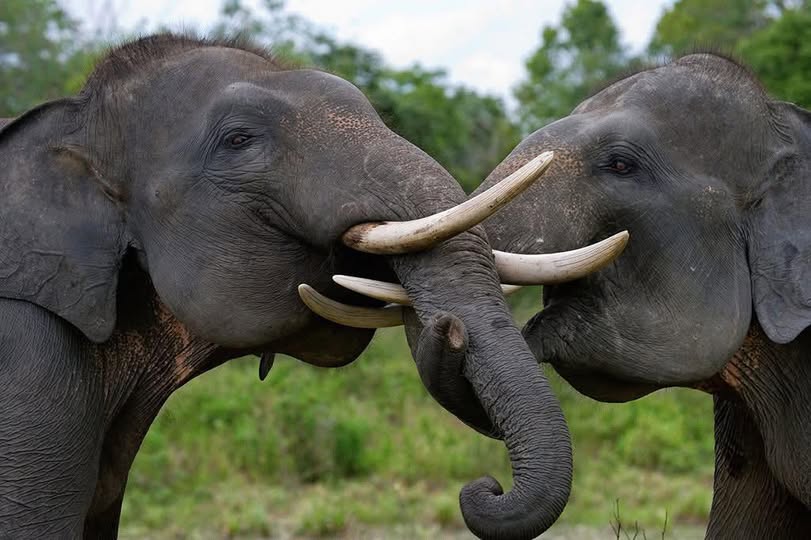
Asian Elephants: More Than Just Gentle Giants
Asian elephants are not only majestic and intelligent animals—they also carry fascinating biological secrets that make them truly unique.
One surprising fact is that elephant tusks are actually modified front teeth. Made of ivory, these tusks are extensions of their upper incisors. But not all elephants have them. In fact, only some male Asian elephants grow large, visible tusks, while most females—and even some males—have much smaller ones called “tushes”, which are softer and prone to breakage.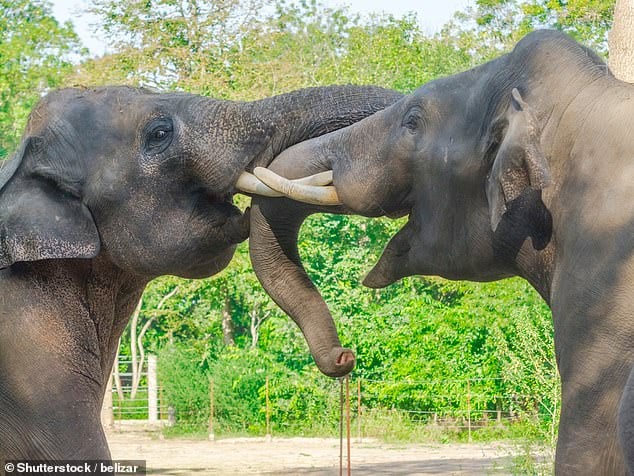
Another remarkable feature of Asian elephants is their dental system. Throughout their lives, they grow six sets of molars. As one set wears down from grinding food, another set gradually moves forward to take its place. This continuous cycle ensures they can keep eating well into old age.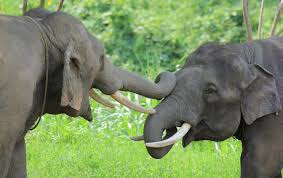
These gentle giants play a crucial role in maintaining the balance of their ecosystems. From creating clearings in forests to dispersing seeds, elephants are vital to the environment.
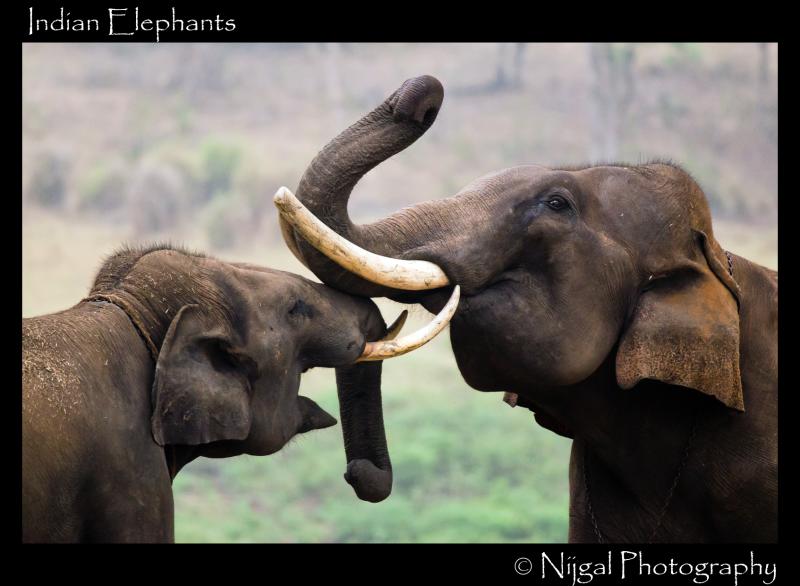
Yet, despite their importance, Asian elephants face serious threats—habitat loss, human-wildlife conflict, and poaching.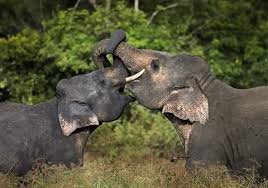
Understanding their biology is just one step toward deeper respect and protection. After all, elephants are not defined by their tusks—but by their intelligence, their memory, and their quiet strength. They deserve a world where they can live freely and peacefully.











